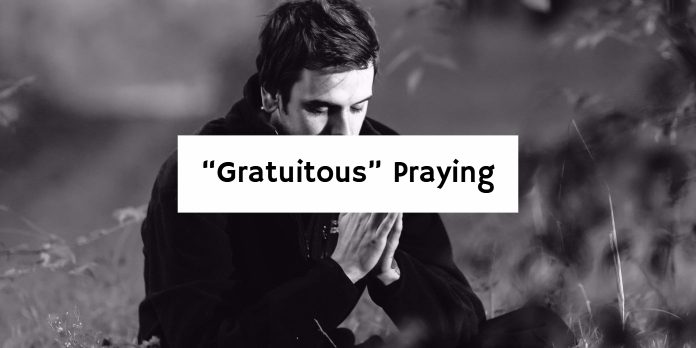Someone recently talked about what are seen these days as the failures of the kind of liberation theology that got much attention in the 1970s and ’80s. I agreed with many of the criticisms. But I balked a bit at the suggestion that the Latin American liberation theologians simply superimposed a “political ideology” on Christianity. That certainly was true in some cases. But there were noteworthy exceptions, particularly in what is widely acknowledged to be the classic text of that movement, A Theology of Liberation, by Gustavo Gutierrez.
I often quote Gutierrez as a wise voice on the importance of a contemplative spiritual life. In his book he made it clear that he was aware of the dangers of absolutizing our own favorite political causes, and thereby being highly selective in drawing on those resources of Christianity that are useful in promoting our own pre-established goals. As a corrective to this tendency, he argued that the Christian life must be “filled with a living sense of gratuitousness. Communion with the Lord and with all men is more than anything else a gift.” Furthermore, he contended, prayer, as the means by which we engage in our communion with God, “is an experience of gratuitousness.” Properly understood, prayer is entering into God’s presence with no agenda, with no list of causes that we insist on promoting. Prayer, he says, is a “‘leisure’ action”; it is a “‘wasted’ time, [that] reminds us that the Lord is beyond the categories of useful and useless. God is not of this world.” In our prayerful communion with God we look forward to goals that God has set, ones that can only be fully realized when the Reign of God arrives at the end-time: “Every prophetic proclamation of total liberation is accompanied by an invitation to participate in eschatological joy: ‘I will take delight in Jerusalem and rejoice in my people” (Isa. 65:19). And then this: “[O]ur joy is paschal, guaranteed by the Spirit.” (Gustavo Gutierrez, A Theology of Liberation: History, Politics and Salvation, Orbis Books, 1973, 206-207)
That’s hard to improve upon as a wonderful call to the self-critical life of prayer!






























